Darwin Crocodile Farm – Berry Springs, NT
When we say “farm” in the NT, we don’t mean a couple of cows and a veggie patch. Nah, mate. We mean massive saltwater crocodiles, bred, raised and wrangled right here at the Darwin Crocodile Farm in Berry Springs.
Located a cruisy 45-minute drive south of Darwin City, this isn’t your average tourist trap. It’s a working croc farm, with education, conservation and yes — a fair bit of croc-wrangling action thrown in.
I’ve been lucky (or daft) enough to see these prehistoric units up close and let me tell you — they are bloody enormous. This isn’t some sanitised zoo experience. You’ll get the real deal, with the smell of croc ponds in the air and the distant thud of a tail slap on water.
Table of Contents
The Territory’s Real Croc Country
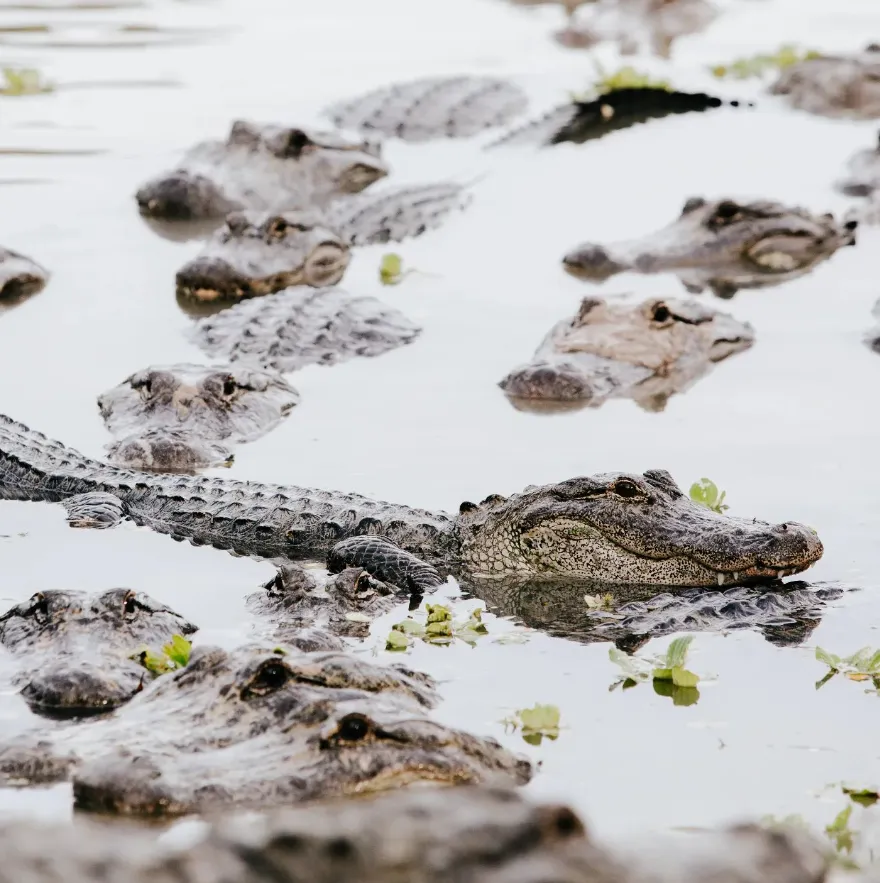
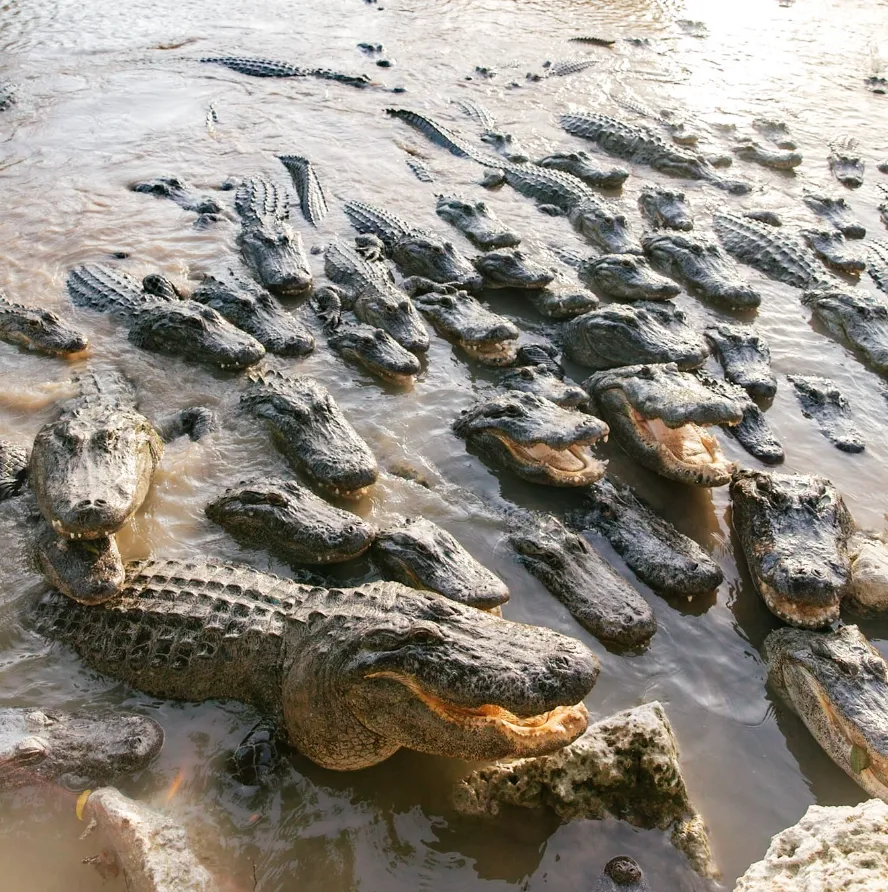
What You’ll See & Do
Experience the thrill of seeing jumping crocodiles up close on our exciting jumping crocodile tours.
Up-Close Croc Encounters
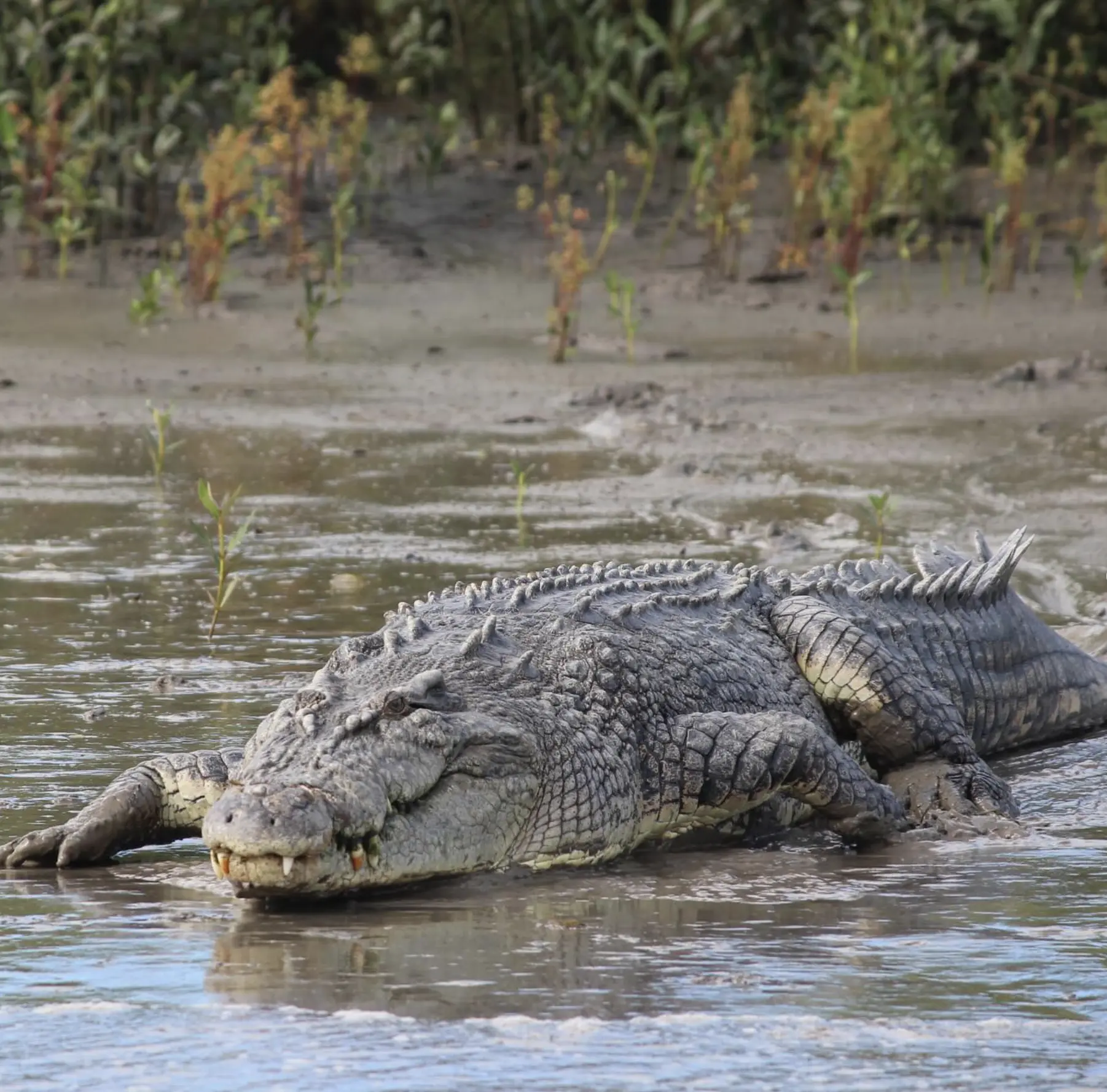
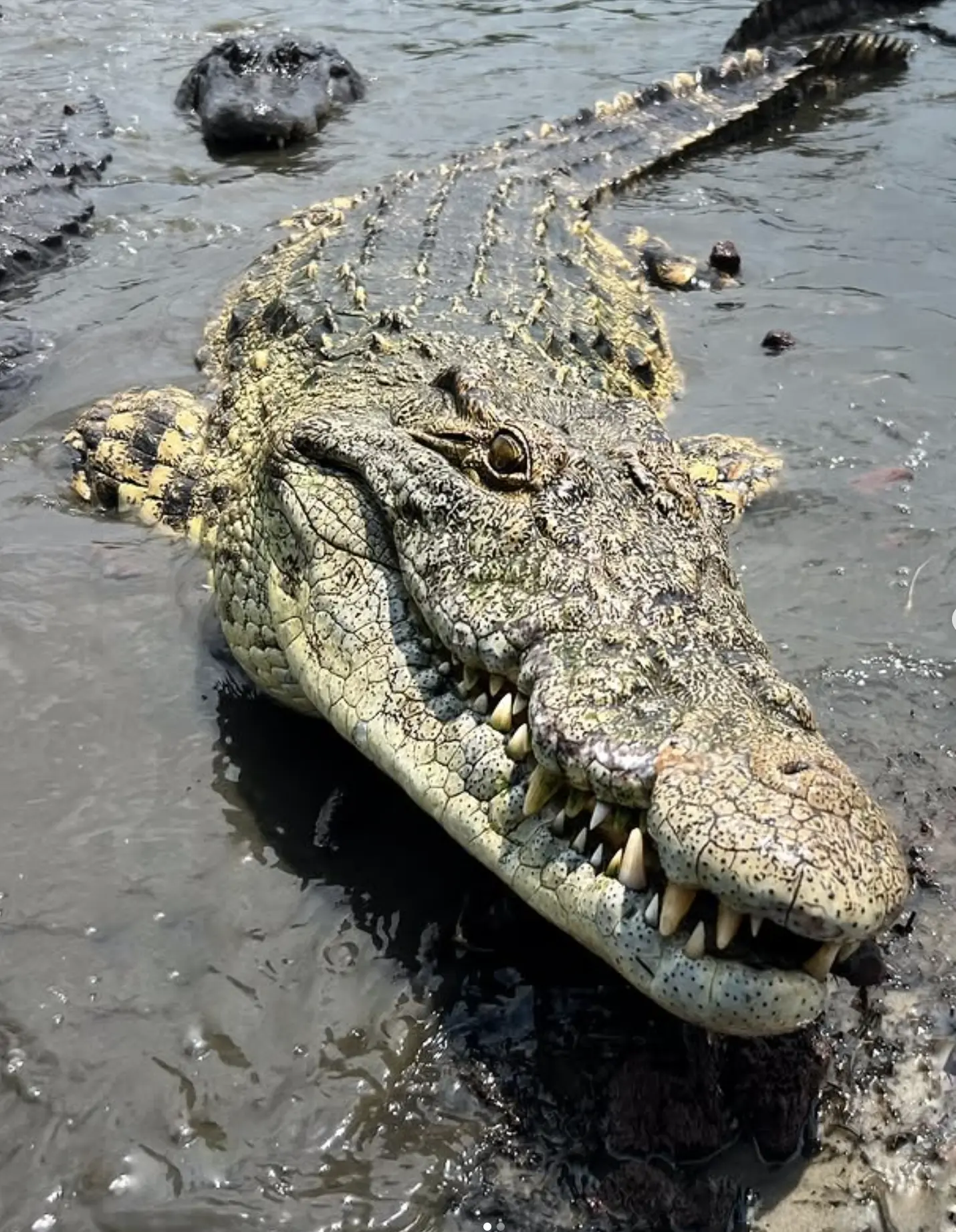
Crocodile Hatchery & Nursery
Reptile Friends & Neighbours
Beyond crocs, the farm is home to other Territory locals. You’ll meet goannas, pythons, turtles and native lizards.
Each enclosure is set up to mimic their natural habitat so you can see these reptiles up close and learn about their role in the Top End’s ecosystem.
It’s not a zoo — it’s more like a community of creatures that share the land (and sometimes the waterways) with the crocs.
Nature Walks & Farm Tours
After your croc fix, take a walk around the farm’s nature walks. These trails wind through monsoon forest patches and open bushland so you can get away from the croc pens and appreciate the local flora.
Guided farm tours explain the crocodile farming process, how the industry works in the Northern Territory and how it ties in with Aboriginal land management practices.
This isn’t just sightseeing — it’s a real look at life in the Top End, with all its challenges and rewards.
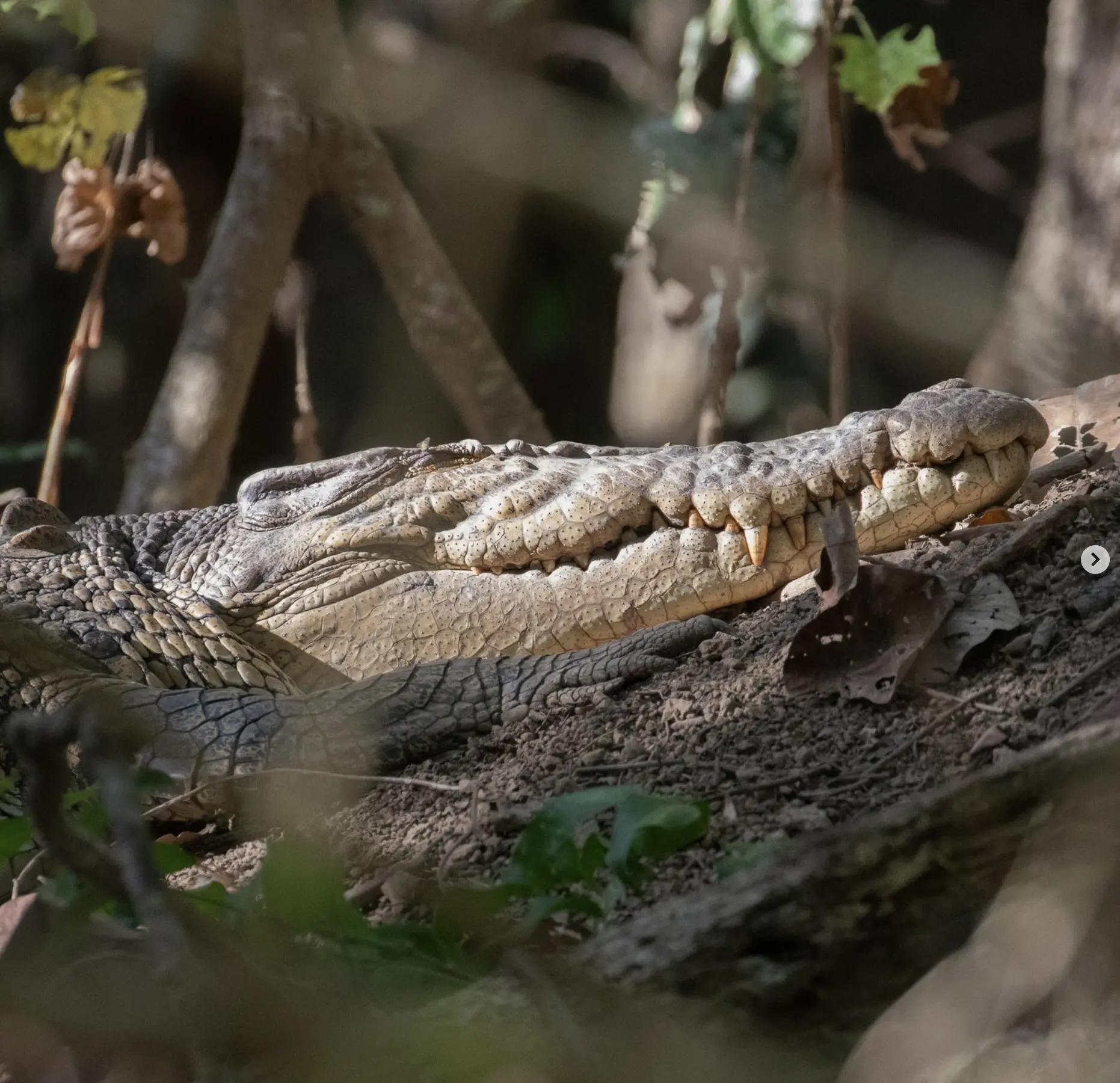
Need-to-Know Info: Times, Seasons, and Safety
Opening Hours & Entry Fees
- Open 7 days a week during the dry season (May to October).
- Reduced hours or closed during Wet (Nov to April) due to heavy rain and croc nesting season.
- Entry fees are reasonable — $30 adult, $20 kids, family passes available.
- Book ahead in the peak Dry season.
Best Time to Visit
- Dry Season (May-Oct) is your best bet: roads are good, the weather’s okay, and mozzies are fewer.
- Avoid midday unless you like a sweat lodge — early mornings are gold.
- Croc activity tends to peak during warmer daylight hours so morning tours get the best action.
Safety & Respect for Country
- This is croc country — follow staff instructions.
- Respect local Aboriginal culture — crocs are sacred to many Top End Traditional Owners.
- Don’t feed the crocs yourself. Leave that to the experts.
How to Get There
You’d think in 2025 GPS would be foolproof. You’d be wrong. The farm is located off Cox Peninsula Road and can confuse navigation apps especially during the wet.
Directions
- From Darwin CBD head south on Stuart Highway.
- Turn right onto Cox Peninsula Road.
- Look for signs for Berry Springs.
- The farm is near Berry Creek, past the Nature Park entrance.
*If you hit the Darwin Private Hospital you’ve gone too far. If you end up in Tennant Creek call it a day.
Pro Tip:
*Bring plenty of water, wear light, long-sleeved clothing and don’t trust your rental car’s built in GPS. A paper map or offline directions are your best friend here.
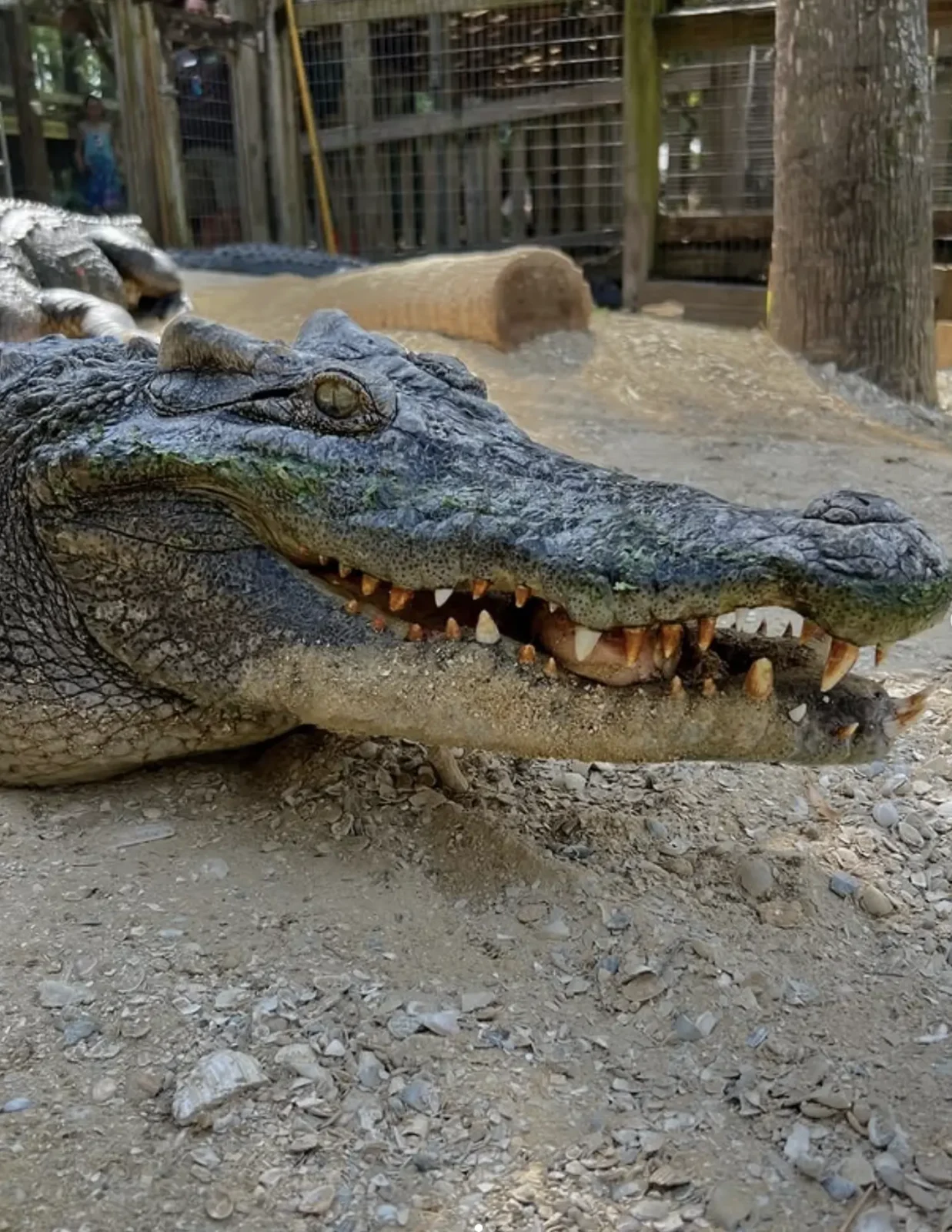
Local Tips from a Territory Regular
- Beat the heat: Get here before the midday sun hits.
- After the farm: Cool off in the Berry
- Springs Nature Park swimming holes.
- Don’t rush: Allow at least 2 hours for the farm — it’s not a ‘tick it off’ stop.
- Camera ready: Those croc feeding shots are gold.
- Respect the land: Acknowledge Traditional Owners and follow any cultural signs.
FAQ
Is the Darwin Crocodile Farm open all year?
What’s the difference between this and Crocosaurus Cove?
Can I swim near the Darwin Crocodile Farm?
Is the farm suitable for big tour groups?
Do I need a guide or can I go it alone?
Self-guided visits are possible, but joining a guided tour with a crocodile biologist will give you so much more insight into croc behaviour, conservation and Territory life.
Popular Articles

Up in the Northern Territory, crocs are part of the furniture. Call it the price of living in a place where the natural habitat still

What boats do crocodile cruises? If you’ve ever sat in the Top End’s midday heat and heard the words, “Let’s go find some crocs,” you

You’ve heard of Kakadu National Park, right? But here’s the locals’ secret: if you want the most saltwater crocodiles, most birds and pristine wetlands without

Northern Territory crocodiles aren’t just a thrill — they’re part of the cultural fabric, environmental balance and the stories that shape this rugged part of

If you’re looking for top places to see a crocodile in Australia, whether you want to snap crocodile photos of a 5-metre beast basking in

Species of Crocodiles in Australia That’s when you realise — crocodile species in Australia are not to be underestimated. Not all crocs are created equal.

